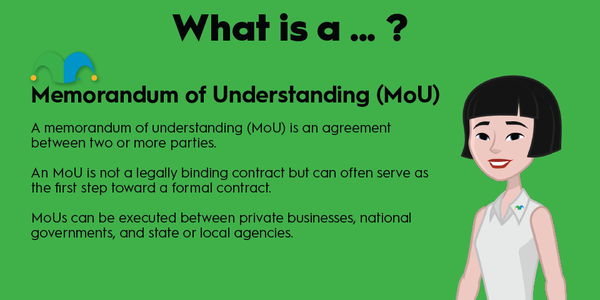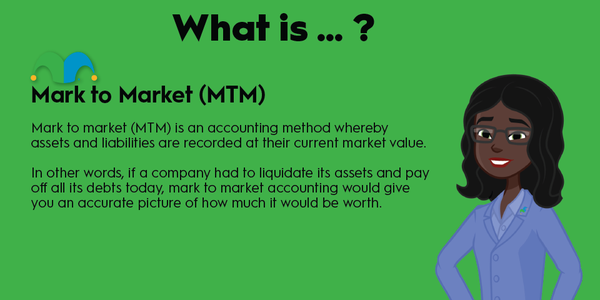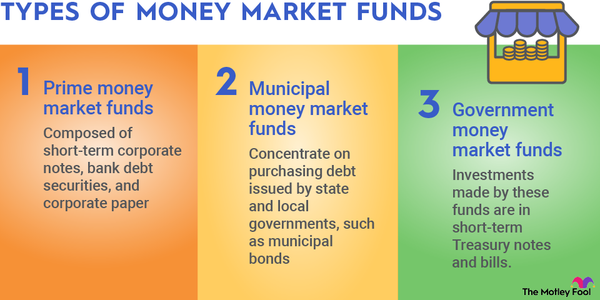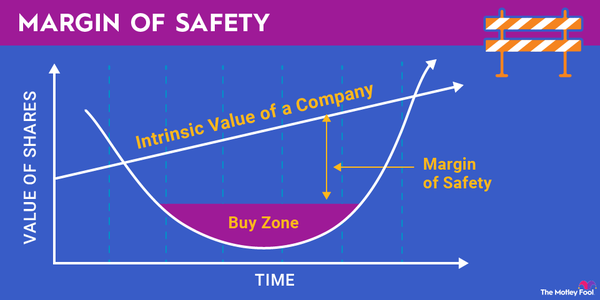A multinational corporation does business in more than one country. Due to increased globalization, there are thousands of multinational corporations, ranging from relatively small corporations concentrating on markets in limited regions to huge conglomerates whose activities span the globe. We'll discuss the types of multinational corporations, their advantages and disadvantages, and look at some of the larger ones.
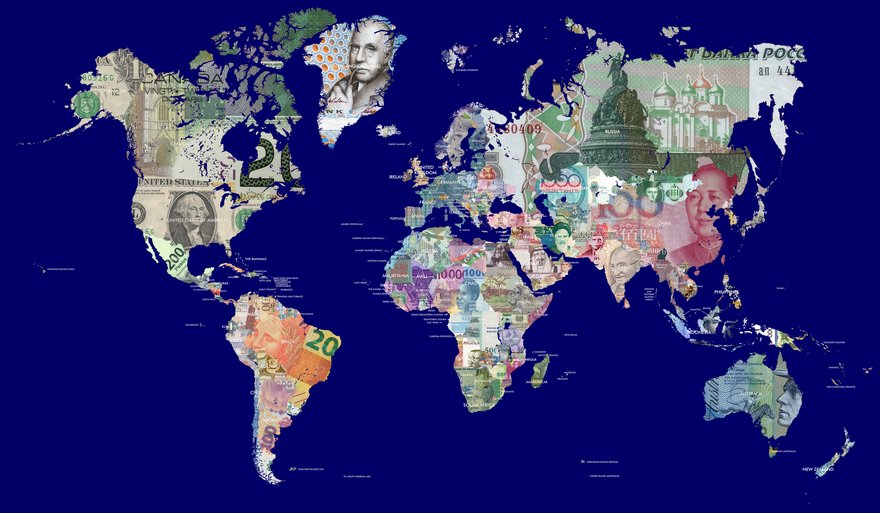
What is it?
What is a multinational corporation?
Simply put, a multinational corporation is a legal entity that does business in multiple countries. While we may consider them relatively new developments, multinational corporations have existed for hundreds of years. The Dutch East Indies Co., which operated in the Pacific Ocean in the 1600s and traded porcelain, spices, and textiles, is generally considered one of the first multinational corporations.
But just because a company exports goods and services to another country doesn't make it a multinational corporation. The business should have a direct investment in a foreign country, whether through operations, facilities, or employees.
Types
Types of multinational corporations
There are four types of multinational corporations:
- Decentralized multinational corporation: A decentralized multinational corporation is based in one country but has management or administrative offices with unique management structures in foreign countries. The decentralized approach allows them to respond quickly to opportunities or emergencies.
- Centralized global corporation: A centralized global corporation operates from a main office in one country and uses branch offices in different countries to lower production and operation costs.
- International company: An international company builds on the research and development (R&D) of its parent company, which is generally based in another country. The use of existing R&D provides international companies with significant competitive advantages.
- Transnational enterprise: A transnational enterprise is typically a decentralized business with no primary headquarters. The structure offers greater efficiency and flexibility and is gaining in popularity.
Advantages
Advantages of multinational corporations
Multinational corporations have become more common because they can take advantage of their size and location to drive profits. Here are four advantages enjoyed by multinational corporations:
- Production costs: Because multinational corporations operate across borders, they can take advantage of resources, affordability, or skill levels of labor forces to maximize profits. Domestic corporations are generally restricted to the resources, costs, or workforces of their home country.
- Price stability: Multinational corporations can seek locations where production costs are likely to be stable for a prolonged period. Although low costs of production are important, a business is unlikely to be successful if it operates in a country with a high degree of instability.
- Product quality: Because of their size, multinational corporations can often standardize goods and services, delivering consistent quality that provides an advantage over less-standardized competitors.
- Logistics: Multinational corporations can use their geographic diversification to ensure varying market demands are met despite issues ranging from natural disasters to damaged infrastructure.
Disadvantages
Disadvantages of multinational corporations
Multinational corporations have a multitude of advantages over domestic corporations, but they also face considerable obstacles to success, whether in their country of origin or a different country. Disadvantages include:
- Regulatory environment: Laws governing corporate behavior can vary from country to country. For example, the regulatory environment faced in Europe by tech companies, such as Apple (AAPL 0.02%), Alphabet (NASDAQ:GOOG, NASDAQ:GOOGL), and Meta Platforms (META -0.28%), is very different from the U.S. regulatory environment.
- Taxes: As with regulations, tax structures differ among countries. Although some multinational corporations have the resources to take advantage of different tax codes, the costs of remaining in compliance across different countries can be extraordinary.
- Reputation: Not all multinational corporations are viewed uniformly across countries. Companies well-regarded in their home country may be deeply unpopular in others, sometimes simply because of cultural issues.
- Politics: The world's largest multinational corporations are primarily located in the United States, Europe, and China, which means they can rely on relatively stable environments. However, that's not always the case in other countries where they do business.
Related investing topics
Largest
Largest multinational corporations
There are many ways to measure the size of multinational corporations, but market capitalization may be the most useful. Here are the world's 10 largest companies as of April 1, 2024, demonstrating the prevalence of multinational corporations:
- Microsoft (MSFT -0.18%): $3.13 trillion
- Apple: $2.65 trillion
- Nvidia (NVDA -1.99%): $2.26 trillion
- Saudi Arabian Oil: $1.98 trillion
- Alphabet: $1.89 trillion
- Amazon (AMZN 0.58%): $1.87 trillion
- Meta: $1.24 trillion
- Berkshire Hathaway (NYSE:BRK.A, NYSE:BRK.B): $912.89 billion
- Eli Lilly (LLY -0.14%): $739.66 billion
- Taiwan Semiconductor Manufacturing (TSM -0.36%): $705.69 billion






